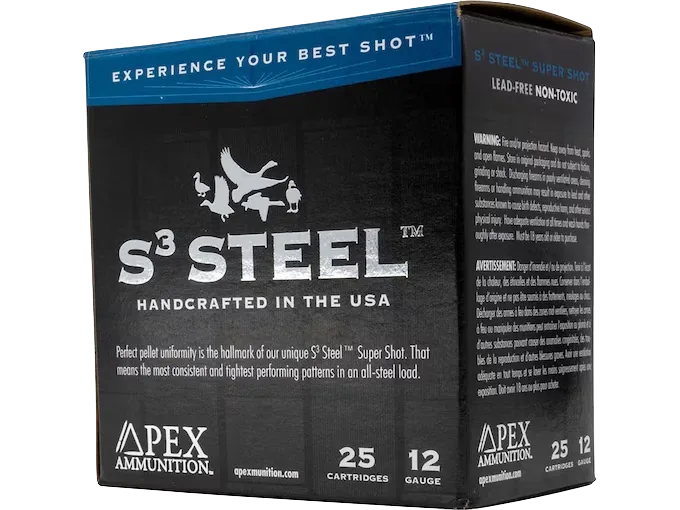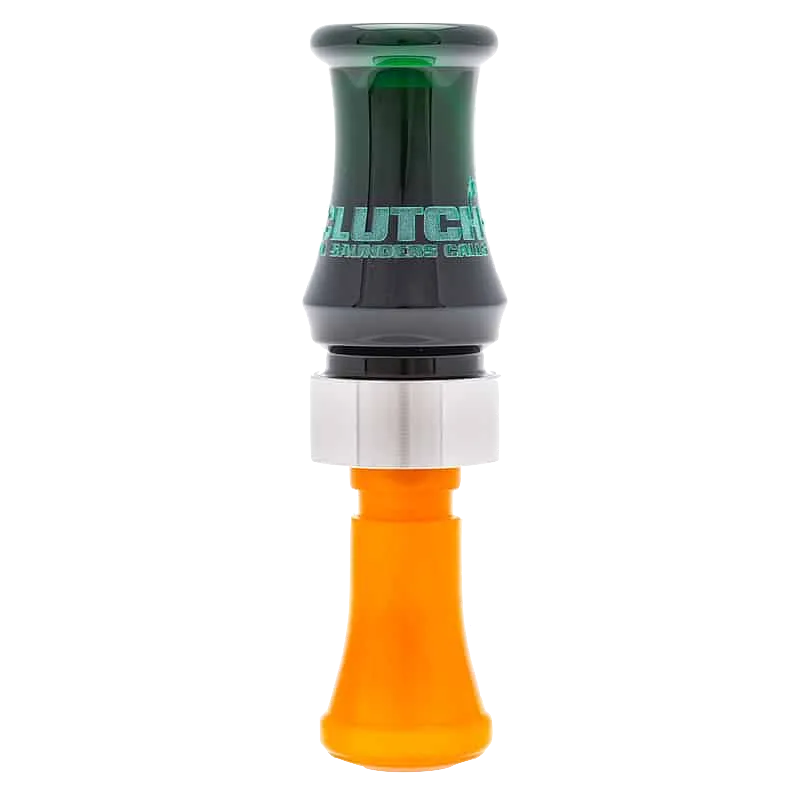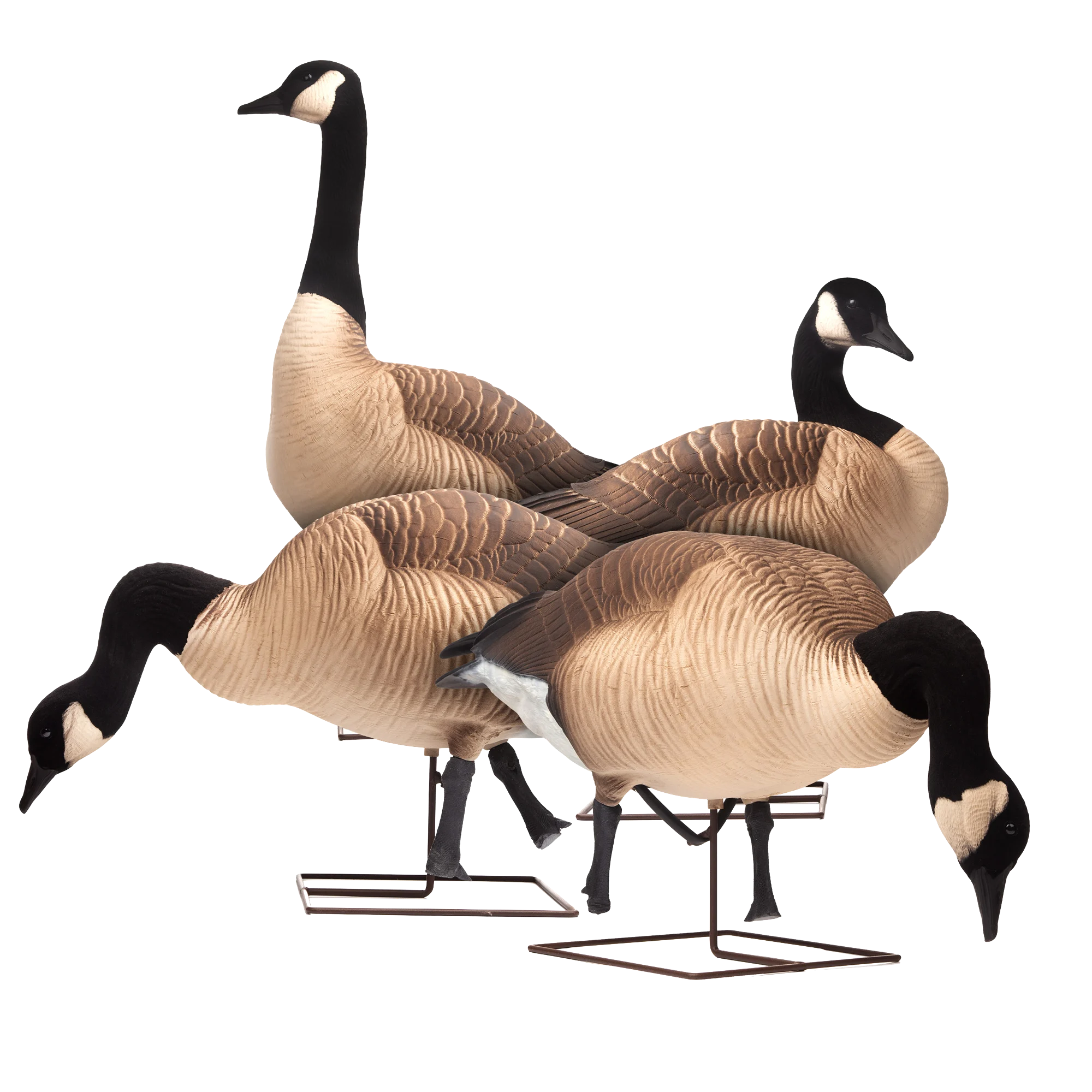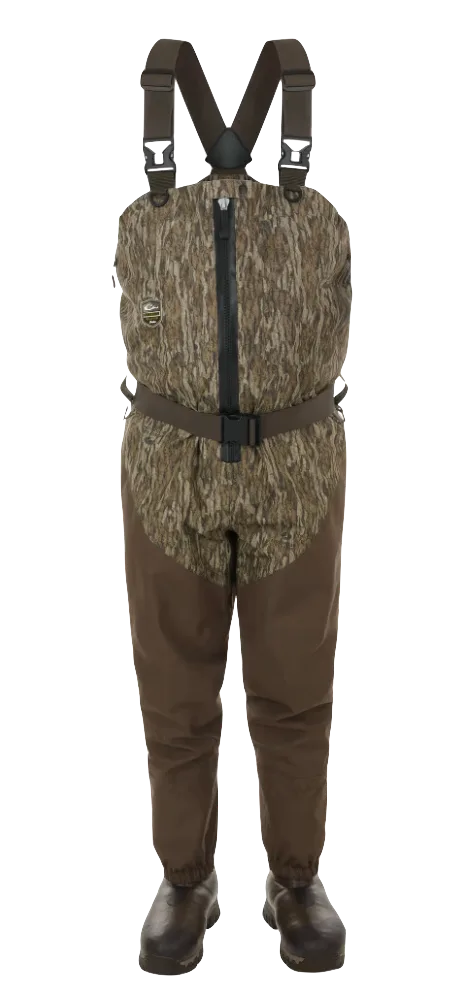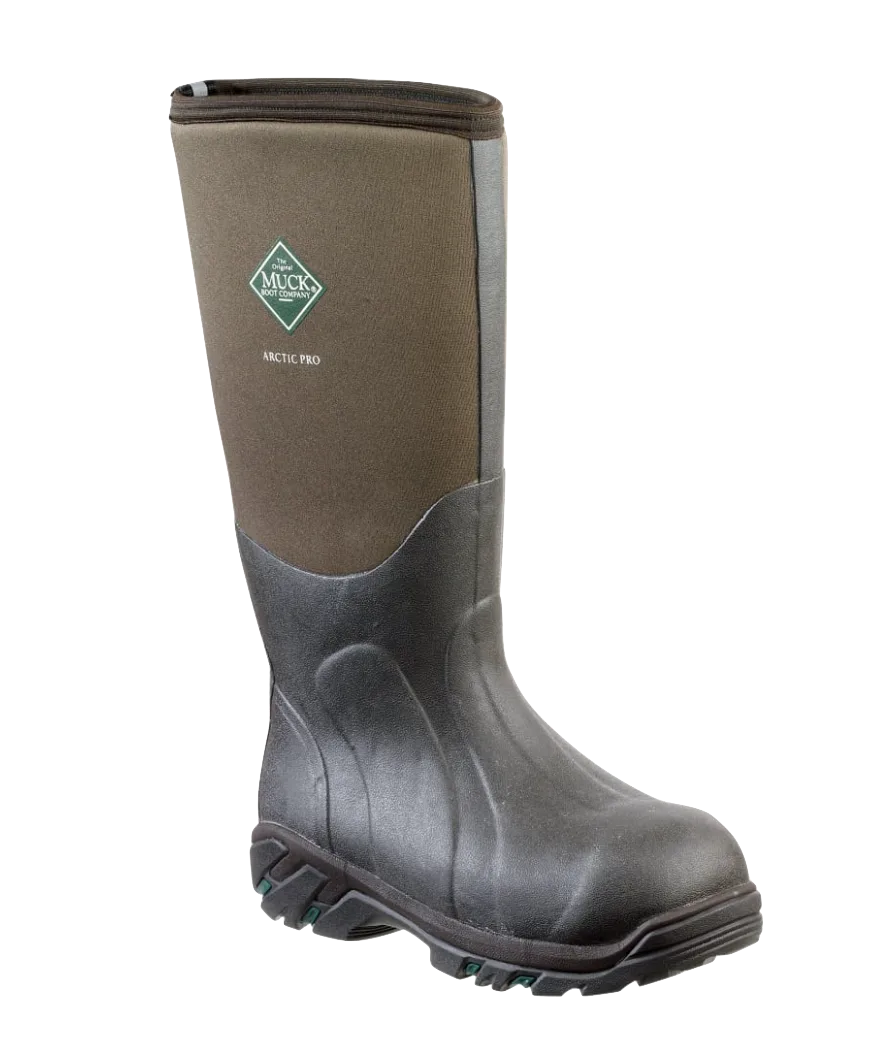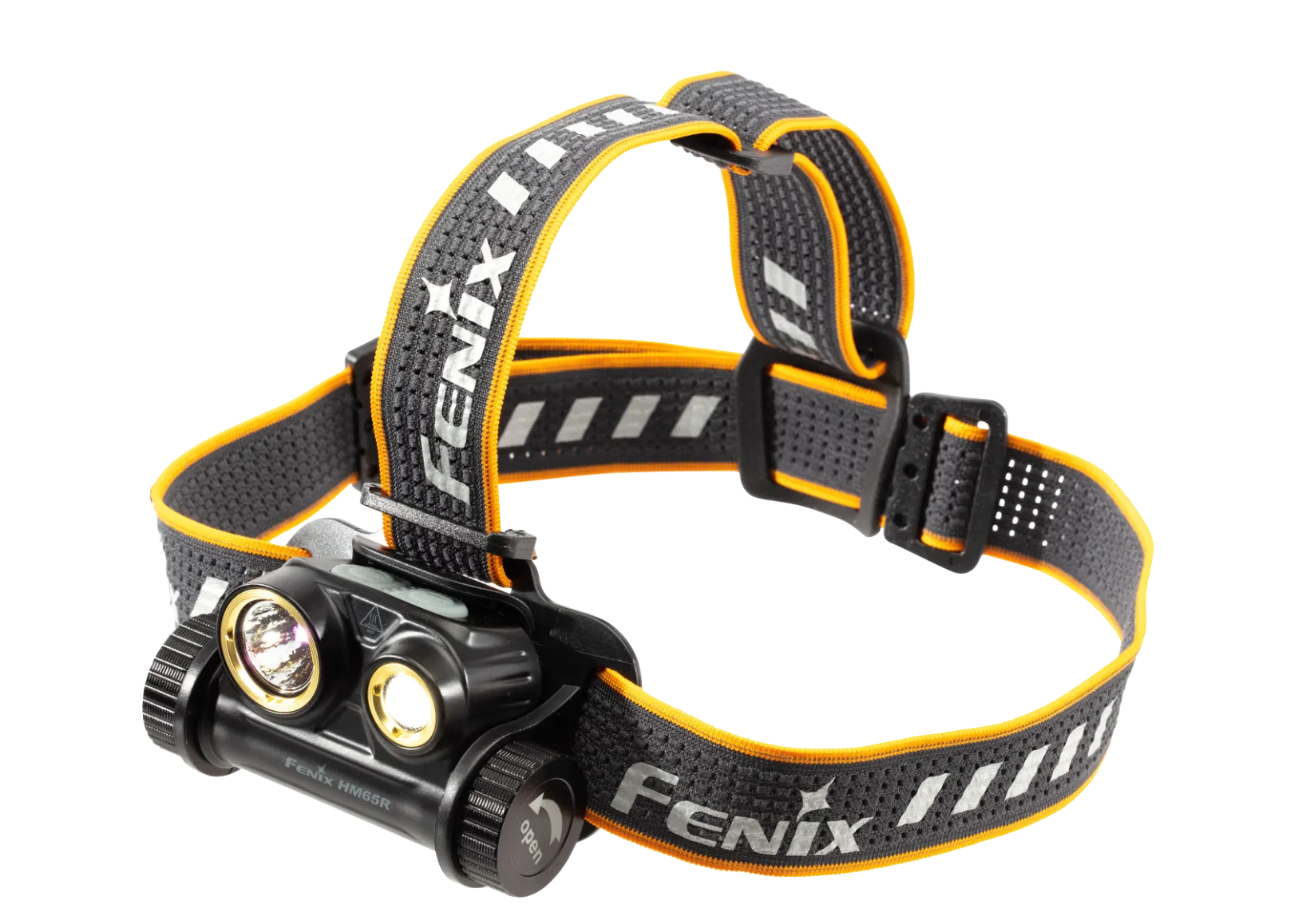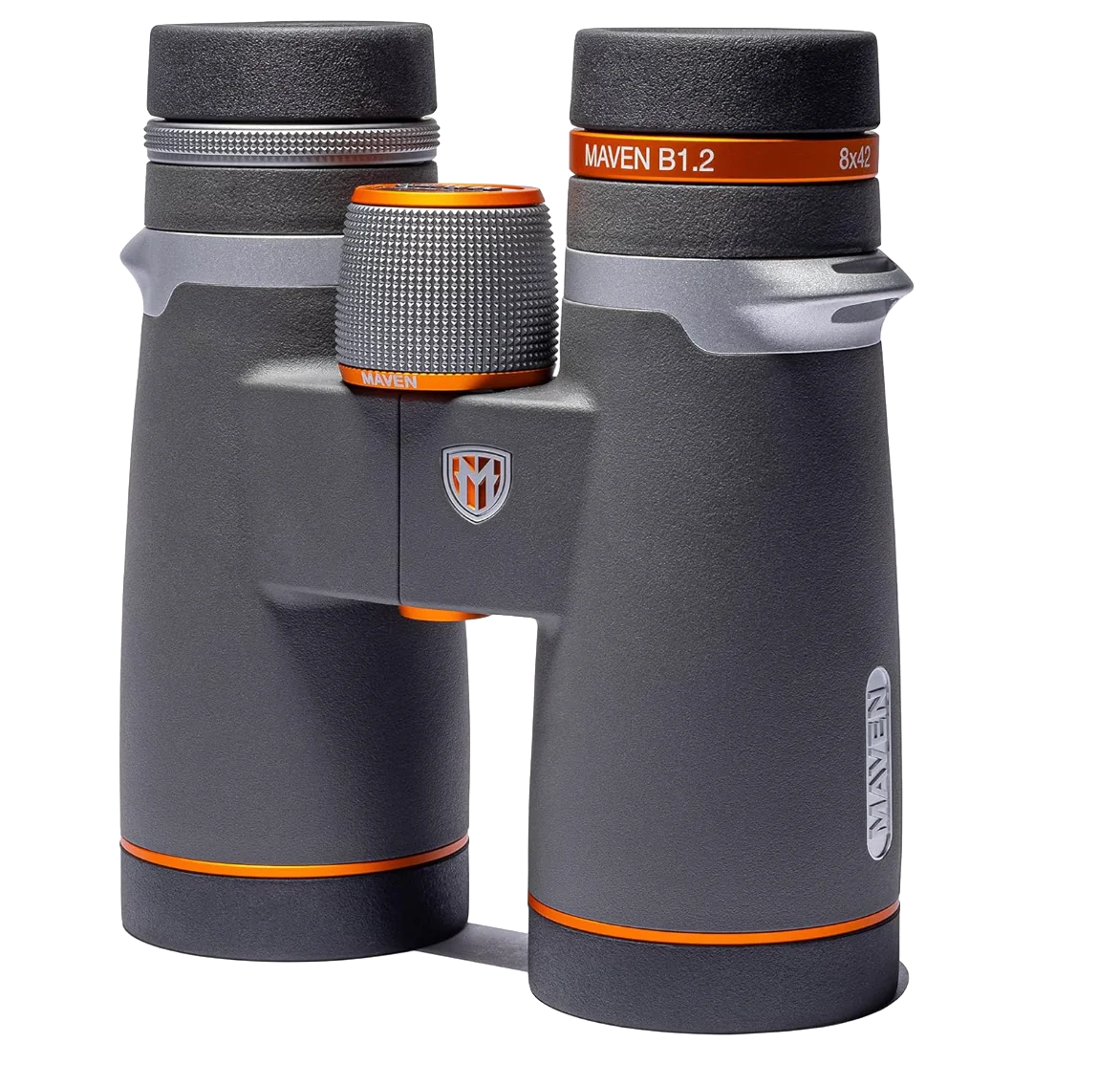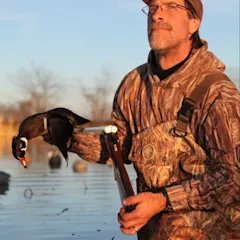One hundred seven days. That's how long waterfowl hunting guide and call maker Bill Saunders spends in the field each year. His season starts with chasing ducks and geese in early fall and it ends almost six months later by breaking ice and enduring snowstorms. When he's not guiding clients, Saunders is building duck and goose calls in his shop in Kennewick, Washington. His calls are well-known throughout the waterfowling community and found on lanyards all across the country.
Duck marshes and goose fields are no place for poorly-made equipment. Shotguns have to cycle, decoys have to float, and waders have to keep you dry no matter the conditions. Like most waterfowl-obsessed hunters, Saunders has his go-to gear that he relies on day in and day out during the season. So, we asked him about the decoys he uses, the calls he blows, and the shells he fires. This is the gear he counts on, from early season ducks all the way to chasing spring snow geese.
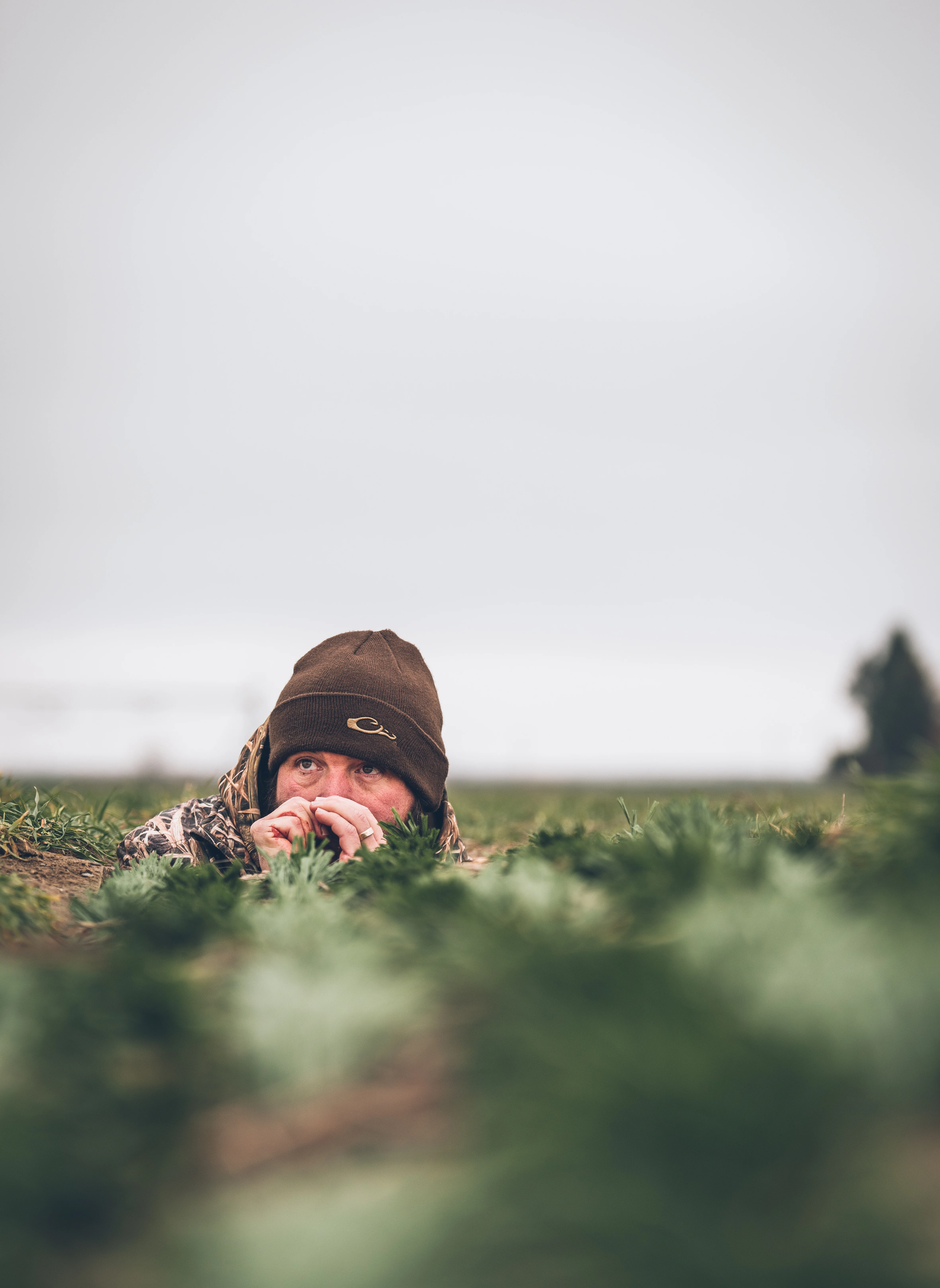
Winchester SX3 Autoloader
I shoot a Winchester SX3, and I shoot it very well. There are a lot of good shotguns out there, and as long as you take care of them, they’re going to operate as intended for the most part. I wouldn’t say the SX3 performs flawlessly, but it does well. I clean it before the season begins, once midway through the season, and then again before my spring snow goose season starts. I like a gas-operated gun. There are a lot of good inertia guns out there, but I’m not a fan of recoil.
Apex S3 Steel and AVISE Light Modified Choke
I shoot Apex Ammunition S3 Steel in 2 shot. I shoot it at ducks and geese—honkers, lessers, cacklers, and snows. And I don’t care if I’m hunting mallards or teal, I shoot 2s. The S3 Steel is good stuff, and it won’t break the bank. There's a lot of guys who think they have to shoot tungsten or bismuth. That’s all great. If you have confidence in it, then shoot it. But the Apex steel gets it done for me. As for a choke tube, I use an Avise. It's not a wad-grabbing tube, but I’ve shot it for 30-some years, and I have confidence in it.
Clutch Duck Call and Traffic Short Reed
For ducks, I run two of my own Clutch calls. Both are single reed calls—one is a poly-carb and the other is an acrylic. The poly-carb is a little raspier, and the acrylic one has a little bit cleaner sound. I like it because it sounds like a duck. It’s easy to operate and has great tone, pitch, and volume. Whether I’m hunting water or a field, it’s able to do what I want it to do. It’s a forgiving call, too.
For geese, I run my Traffic Short Reed. With the Traffic, I can sound like a big honker, a lesser, a cackler, or a snow goose. I can do all four birds with one call. I have it tuned on the high side so I can flex my voice to get the sound I want. It's the type of call that can do it all.
Dave Smith Full Body Goose and Avian-X Ducks
When hunting geese I use stuffers (taxidermy decoys), but when I can’t use my stuffers, I use Dave Smith Decoys. They’re the best-looking commercial decoys for Canada geese—giants, lessers, and cacklers. For snows, I run a big spread of Avian-X, and when I’m using windsocks, they’re from Deadly Decoys. As for ducks, I go back to Avian-X. Fred Zink came out with that decoy, and to this day, I think it’s one of the most accurate mallard decoys I’ve ever seen. The carving is great and for a mass-produced decoy, the paint is awesome. I still think birds will come into Clorox bottles painted black and white. But if I'm being honest, I buy a lot of this stuff because it’s appealing to me. I like looking at it while I’m out there.
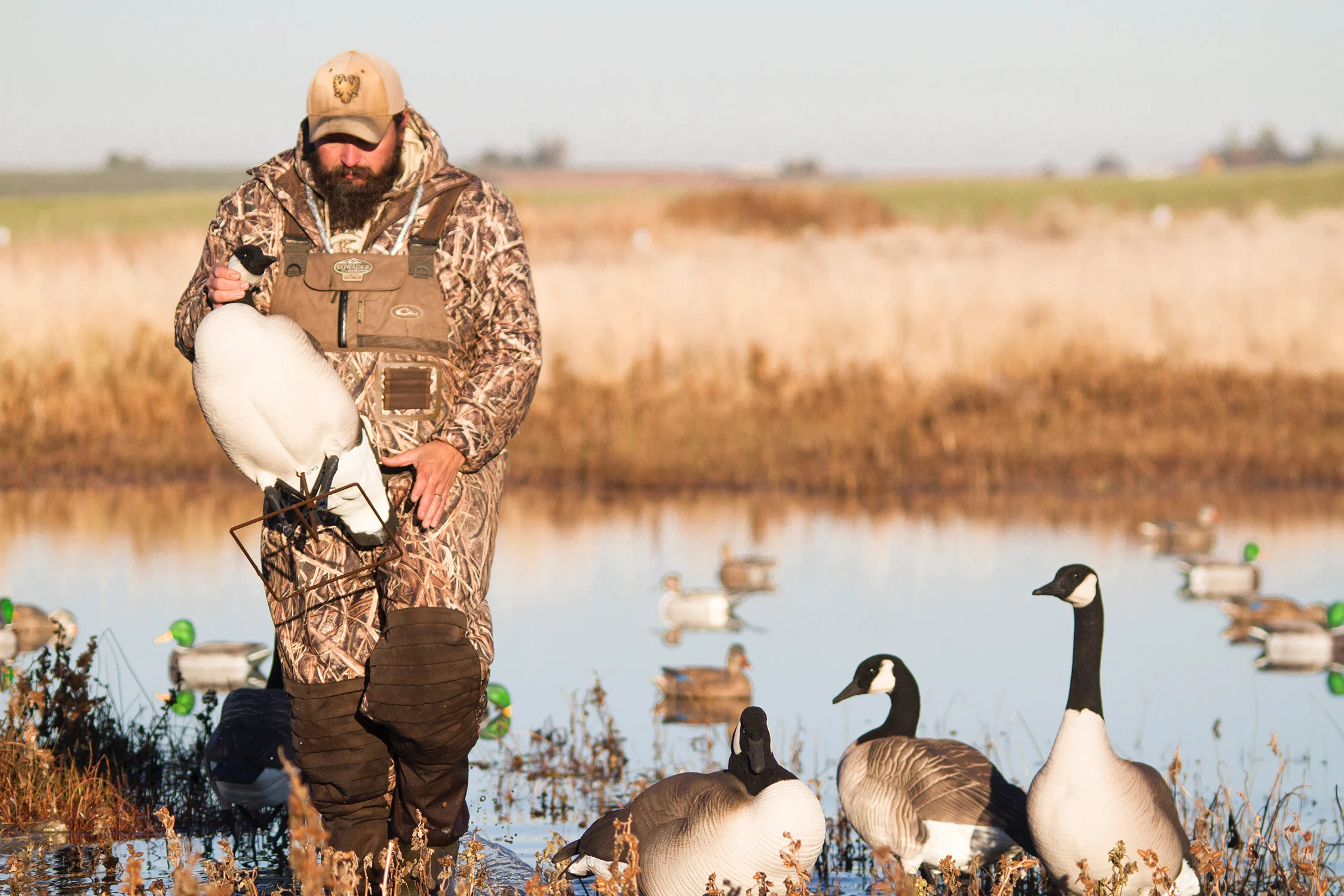
Drake Guardian Elite HND Waders
I’m a Drake guy. All my gear is Drake and Mossy Oak. I wear Drake’s Guardian Elite HND chest waders. They have a full zipper in front and a really comfortable boot. They’re pretty light, and combined with a well-fitting boot, they make a great wader if I’m walking any distance. I know what it’s like to walk into a pothole in a set of heavy chest waders, and these aren’t those. I hunt over 100 days every year, and the Guardian Elite waders work season after season.
Muck Arctic Pro Boots and Alpacas of Montana Socks
When I'm not in waders, my favorite boot is the Muck Arctic Pro. I’ve worn them for 20 years, and they are the warmest and most comfortable boot out there. Some days they are overkill, but then I'll just wear a lighter sock. They usually last me two to three seasons before they kaput. As for socks, I wear Alpacas of Montana Maximum Warmth Arctic Socks. These are hands down the warmest hunting socks I've ever worn. Period.
Fenix Lighting HM65R Headlamp
I use a Fenix HM65R headlamp every single day in the marsh. People are almost offended when I look at them while wearing it. It is bright and the battery lasts a long time. I can charge it once a week and use it at least five days without charging it again. Every waterfowler needs a good headlamp and the Fenix rechargeable HM65R is my go-to.
Maven B1.2 10x42 Binocular
Most of my binocular use is when I’m scouting. And as a waterfowler, scouting is one of the most important aspects of the hunt. I use a set of Maven B1.2 binoculars—the 10x42s. For the money, it’s great. I used to use Bushnell binos, which was all right, but these are exceptional. They’re clear. They’re bright. I like ‘em.



